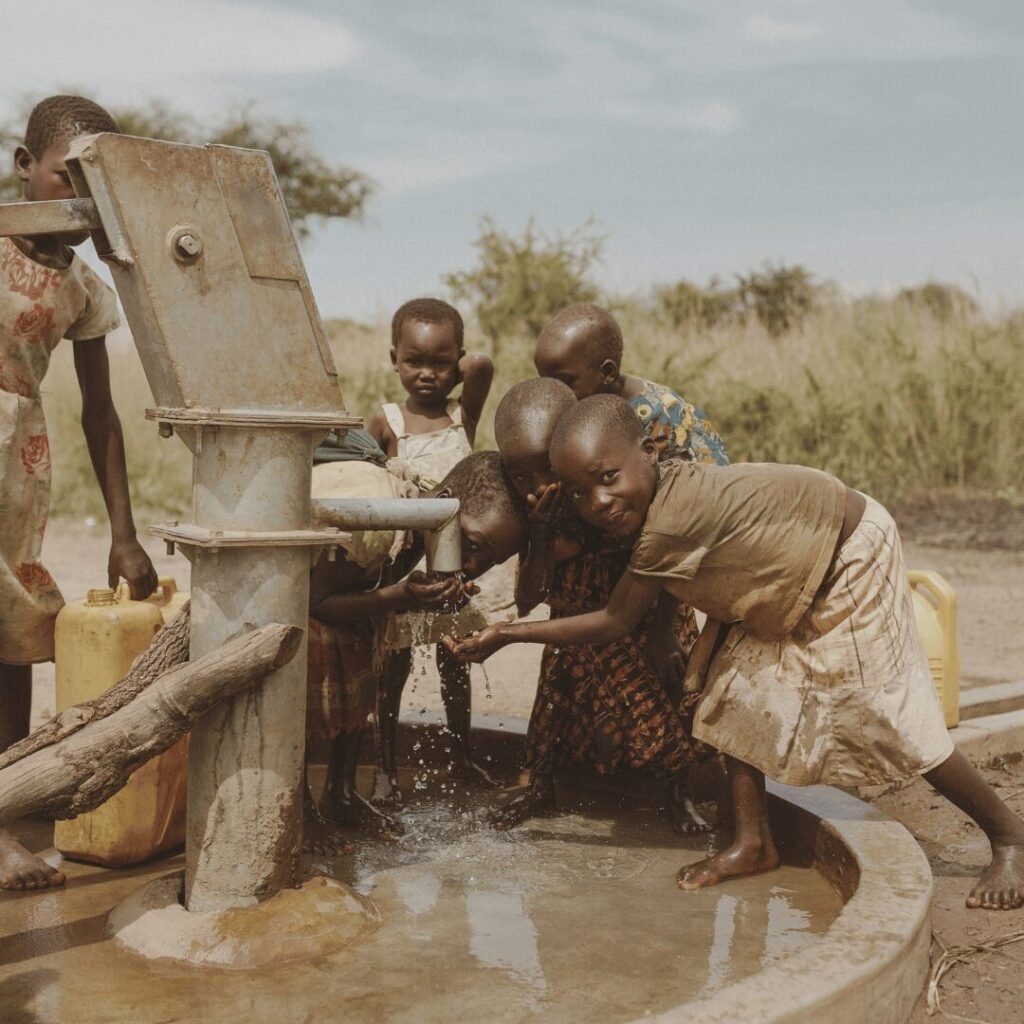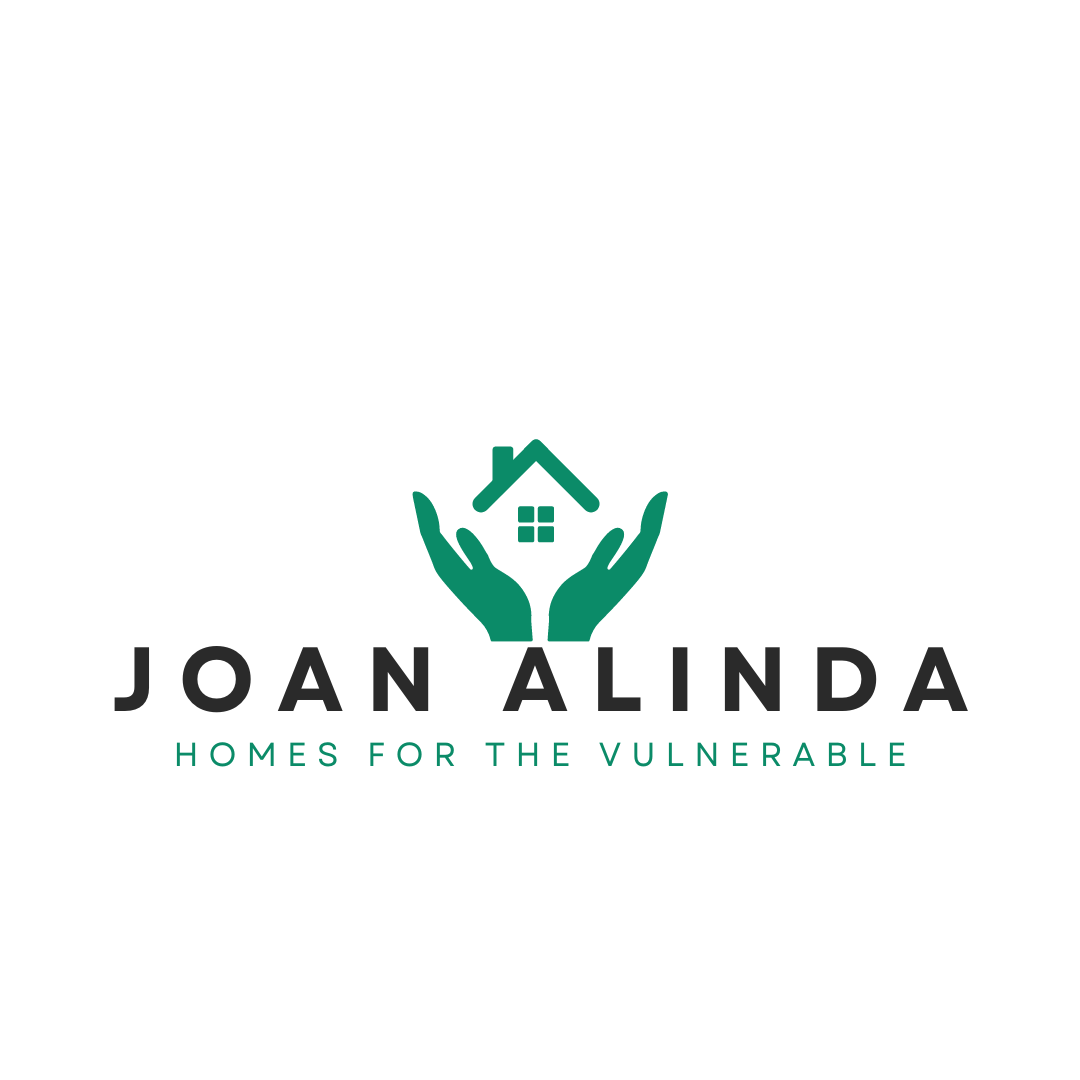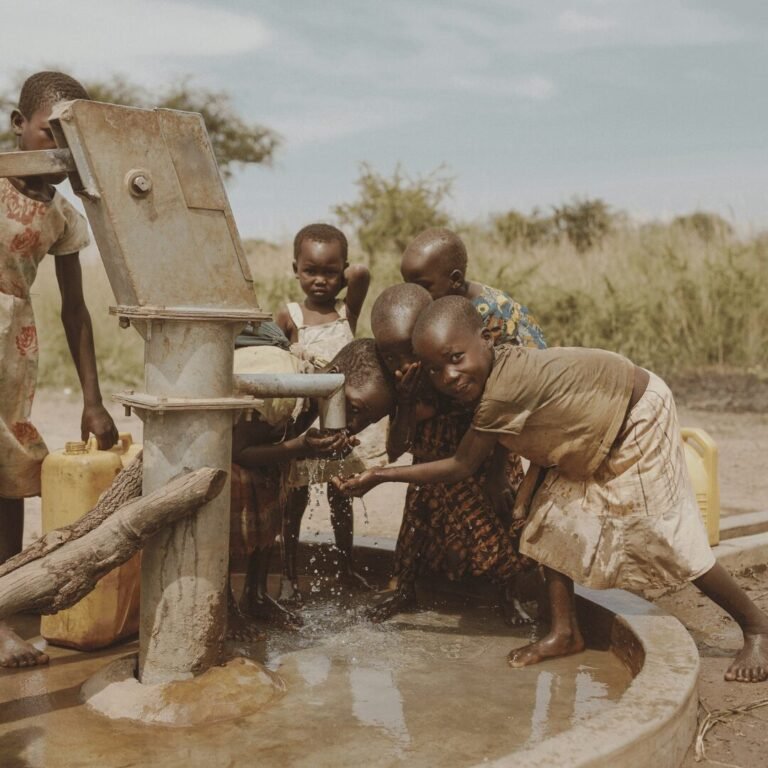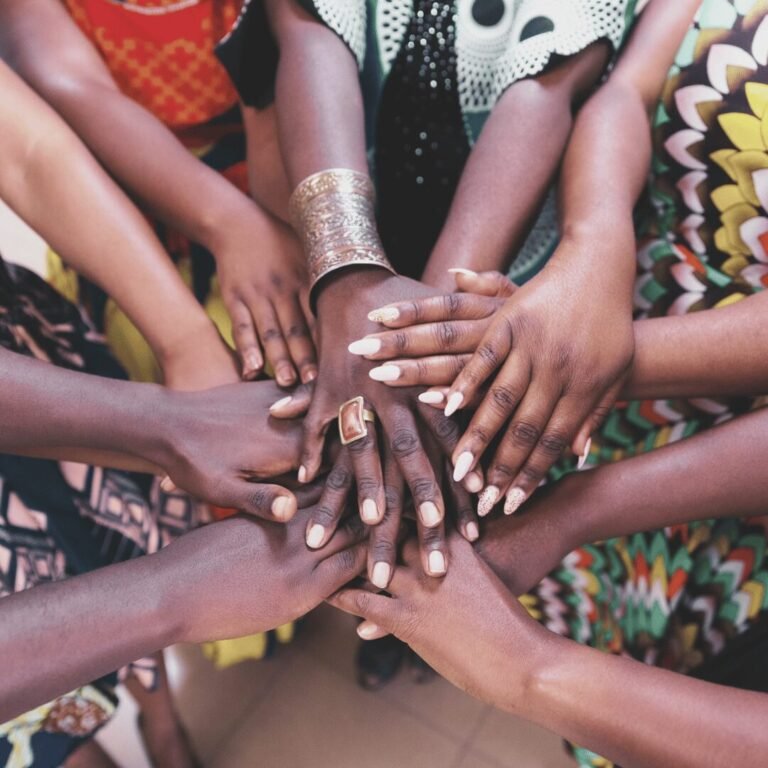Understanding the Needs of Vulnerable Children in Uganda and How JAHV Responds
Vulnerable children in Uganda face multifaceted challenges that impede their growth, safety, and access to opportunities. These challenges, driven by poverty, lack of access to healthcare, education, and emotional support, threaten their chances of thriving and achieving their full potential. In Uganda, where approximately 2.5 million children are orphaned or abandoned, the situation is urgent. Children living in unstable environments are at risk of physical and emotional abuse, neglect, and exploitation. Despite these challenges, there is hope. Organizations like Joan Alinda Homes for the Vulnerable (JAHV) are working tirelessly to respond to these needs and improve the lives of children who are most at risk.
The Needs of Vulnerable Children in Uganda
The vulnerability of children in Uganda stems from various socio-economic factors. Many children in Uganda grow up in poverty-stricken households, where basic needs such as food, shelter, and healthcare are often unmet. Children living in these circumstances face significant challenges that extend far beyond material needs:

1. Child Protection: Many children in Uganda are vulnerable to abuse, neglect, and exploitation. According to UNICEF, Uganda is working to build child protection systems, but many gaps remain. Children often face violence at home, at school, or on the streets. In the absence of strong support systems, these children become easy targets for abuse and exploitation.
2. Education: Access to quality education remains a challenge for vulnerable children in Uganda. High costs associated with schooling, such as school fees, uniforms, and materials, put education out of reach for many. This lack of education traps children in cycles of poverty, limiting their chances for future success.
3. Healthcare: Health systems in Uganda face significant challenges, particularly for vulnerable children. Many children suffer from preventable diseases and malnutrition due to poor access to medical services. Early childhood health care, immunization, and maternal health programs are under-resourced, leading to high mortality rates and health complications among children.
4. Emotional and social support: Orphans and children in vulnerable situations often lack the emotional and social support they need to thrive. Separation from family or the trauma of losing a parent or caregiver can lead to long-term psychological challenges. Without proper counseling and emotional care, many children struggle with mental health issues.
How JAHV Responds to the Needs of Vulnerable Children
Joan Alinda Homes for the Vulnerable (JAHV) has dedicated its resources to addressing these critical needs by offering comprehensive programs aimed at restoring hope and providing children with the care they deserve. JAHV focuses on creating a safe environment for children and families, offering long-term solutions for sustainable change.
1. Family Support Programs
At JAHV, the focus is on family reintegration and strengthening. Their family support programs provide crucial services, such as financial assistance, educational support, and counseling for families in need. The goal is to empower families to provide stable environments for children, reducing the need for institutional care. JAHV recognizes the importance of family in a child’s development and works to restore broken family structures by offering services that nurture and build resilience in caregivers.
2. Providing Safe Homes for Vulnerable Children
JAHV has established homes that act as sanctuaries for children who have been abandoned, orphaned, or are at risk of abuse. These homes are more than just shelters; they are places where children are given the care, love, and attention they need to heal. The homes are designed to offer a nurturing environment, where children can experience safety and security while receiving education, nutrition, and medical care.
3. Education as a Key Tool for Empowerment
JAHV places significant emphasis on education as a path to empowerment. Education is the cornerstone of JAHV’s strategy to break the cycle of poverty. By covering school fees, providing uniforms, and ensuring that children have the necessary learning materials, JAHV ensures that children in its care have the opportunity to go to school and build a better future. Education equips children with the skills they need to become active and contributing members of society.
4. Health and Wellness Initiatives
Health is a critical component of JAHV’s care strategy. The organization partners with healthcare providers to offer medical care to children, ensuring they receive regular health check-ups, vaccinations, and treatments for common ailments. JAHV is committed to addressing the healthcare needs of children in a holistic manner, focusing on both physical health and emotional well-being. Mental health support is an integral part of their programs, ensuring that children receive counseling and psychological care to help them overcome past trauma.
The Way Forward: Advocating for Change

While significant strides have been made by organizations like JAHV, there is still much work to be done. To ensure the well-being of vulnerable children in Uganda, it is essential to strengthen child protection systems and ensure that every child has access to quality education and healthcare.
1. Advocating for improved child protection policies: While Uganda has made efforts to establish child protection systems, there is a need for better enforcement and expansion of these systems. JAHV advocates for stronger legal frameworks and more comprehensive child welfare services to prevent abuse and neglect.
2. Increasing access to education: Greater investment in education is crucial to ensuring that all children, especially those from vulnerable backgrounds, have the opportunity to learn and grow. This can be achieved through more scholarships, free primary and secondary education, and support for children with special needs.
3. Healthcare access for all: Increasing access to basic healthcare for vulnerable children is essential. JAHV pushes for improved healthcare services that address both the physical and mental health needs of children, ensuring a healthier, happier future.
4. Community engagement: Building stronger communities that support the welfare of vulnerable children is essential for lasting change. JAHV actively involves local communities in their programs, helping to build awareness and foster a culture of care and compassion.
How You Can Help
JAHV relies on the generosity of donors, volunteers, and partners to continue their mission. Whether through financial contributions, volunteering time and skills, or simply spreading awareness about the plight of vulnerable children in Uganda, every effort counts. Your support can help JAHV continue to provide hope, safety, and opportunity for Uganda’s most vulnerable children.
Together, we can make a profound difference in the lives of vulnerable children in Uganda. JAHV’s mission is grounded in compassion, care, and the belief that every child deserves a future filled with opportunity. By supporting JAHV, we are creating a stronger, more compassionate world where every child has the chance to thrive.








